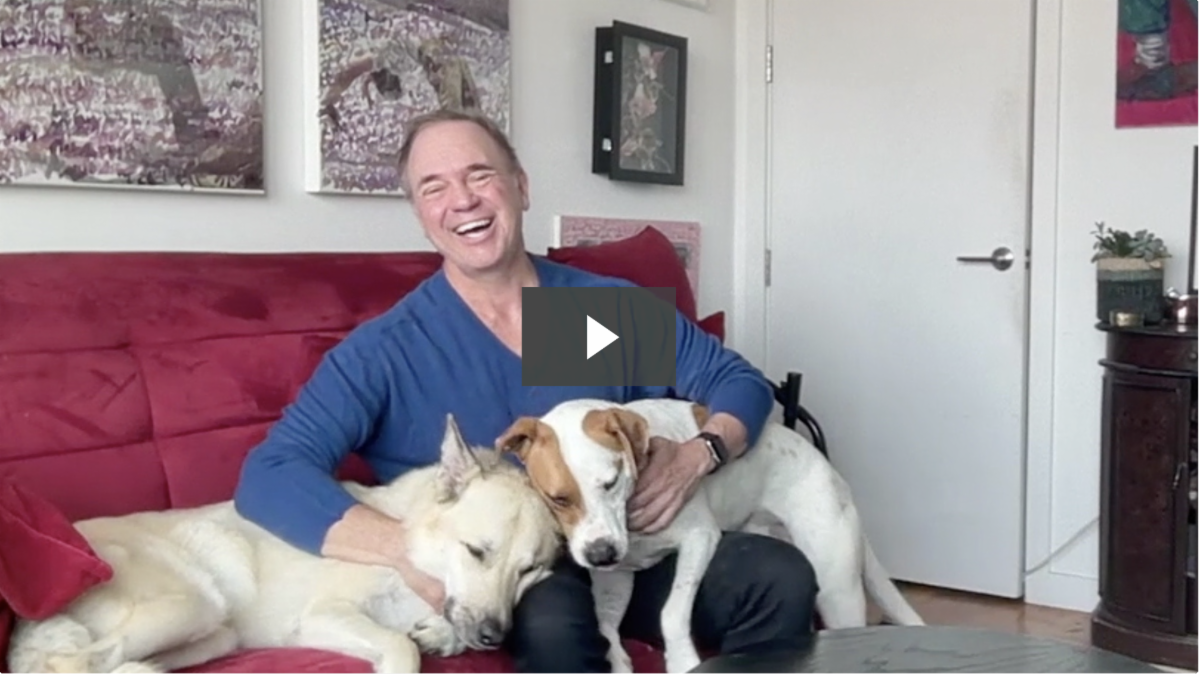Even though we touched on lots of deep topics and challenging moments, it was a light-hearted, buoyant conversation.
I realized, however, that I may have made a fatal marketing mistake when my friend said, “I admire the concept, but I actually hate that word.”
Unfortunately, he may be on to something.
Although most people admit it’s the thing they might need most, the word itself has a dry, almost medicinal feel.
That’s why some last-minute rebranding might be essential.
And thus––with the help of Vlad and Malibu in my favorite video ever HERE––I’ve relabeled my new program as The Joy of Accountability.
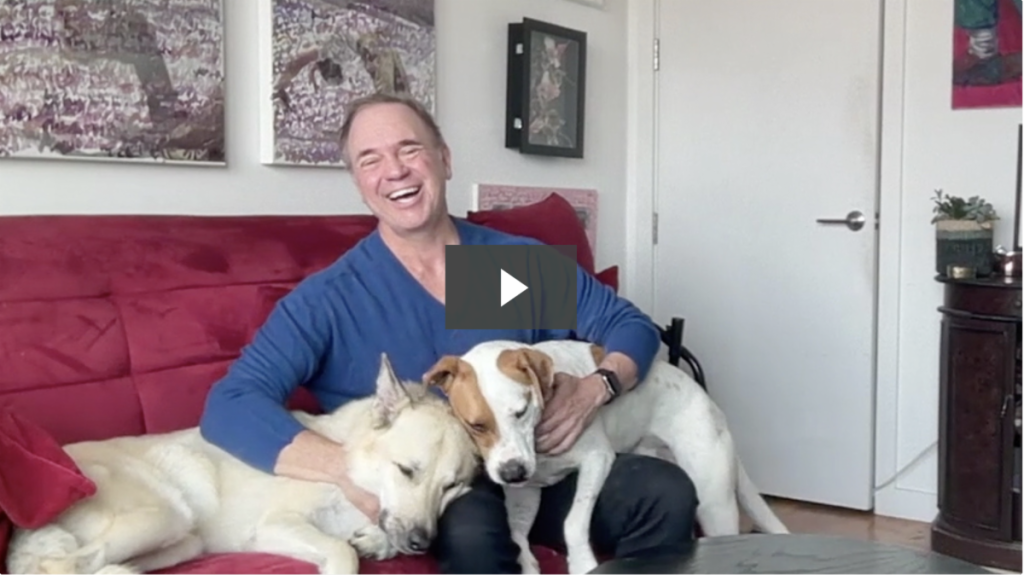
I don’t mean to be boastful, but that video may be my greatest cinematic achievement.
Please note that this includes anything I did at film school or even the indie film I wrote and directed that Warner Brothers distributed.
The main reason I’m proud of it is, of course, the performances.
And I don’t mean mine.
It’s entirely about those incredible actors above, Vlad and Malibu, who––as if they had studied the method––performed their roles perfectly in one take.
That’s because they took that “dirty word”––Accountability––and brought out its latent, perhaps even hidden, possibilities for joy.
How exactly?
First, because their friendship embodies the concept of support.
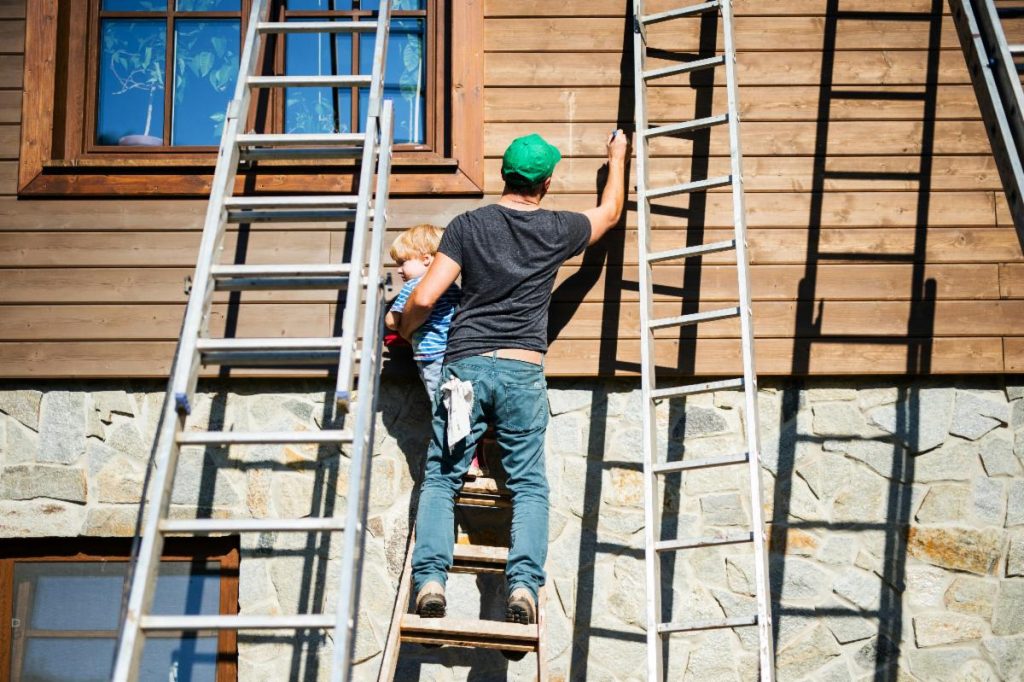
Last week, I wrote about how my two accountability groups (weekly and monthly) evaporated on the same day.
This week, however, I was approached by another pod, and although there are already a few dozen emails trying to coordinate a time to meet, I remain hopeful.
That’s because I know firsthand just how necessary support is, particularly for those of us whose work is mostly done solo.
Even if you have a publisher for your book, they tend to ignore you completely, unless that is, you’ve extravagantly missed deadline after deadline.
Note: I do love the author of The Hitchhiker’s Guide to the Galaxy, Douglas Adams’ quote:
“I love deadlines.
I like the whooshing sound they make as they fly by.”
Even so, it’s nice to enjoy the sweet sound of something landing smoothly and on time.

Here’s what Maya Angelou has to say on the topic in her poem Alone.
Lying, thinking
Last night
How to find my soul a home
Where water is not thirsty
And bread loaf is not stone
I came up with one thing
And I don’t believe I’m wrong
That nobody,
But nobody
Can make it out here alone.
Alone, all alone
Nobody, but nobody
Can make it out here alone.
There are some millionaires
With money they can’t use
Their wives run round like banshees
Their children sing the blues
They’ve got expensive doctors
To cure their hearts of stone.
But nobody
No, nobody
Can make it out here alone.
Alone, all alone
Nobody, but nobody
Can make it out here alone.
Now if you listen closely
I’ll tell you what I know
Storm clouds are gathering
The wind is gonna blow
The race of man is suffering
And I can hear the moan,
’Cause nobody,
But nobody
Can make it out here alone.
Alone, all alone
Nobody, but nobody
Can make it out here alone.”
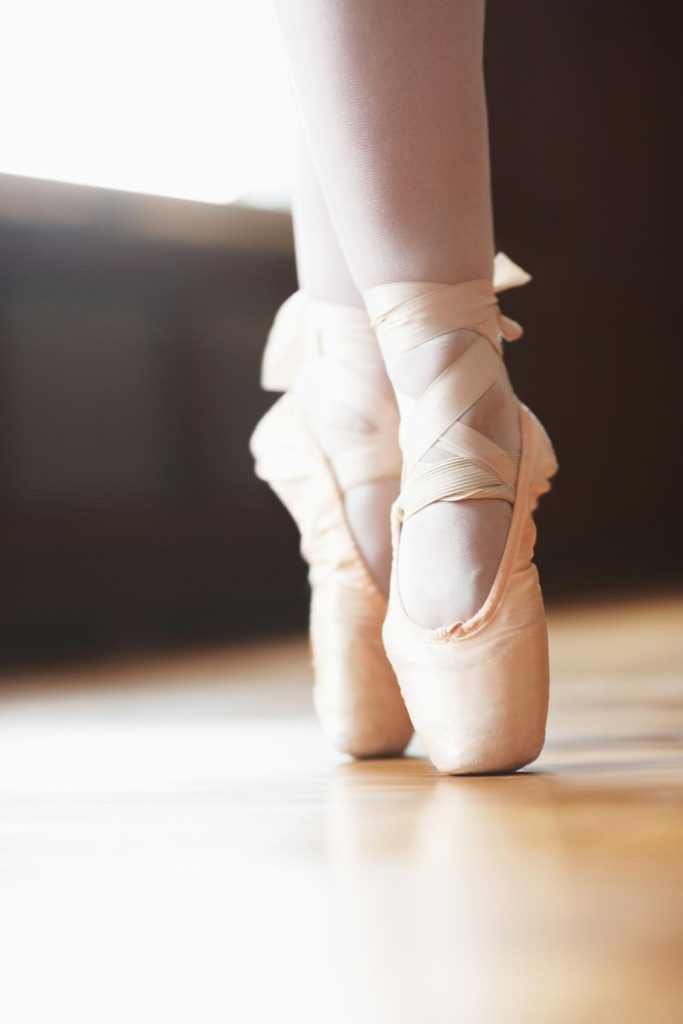
As a counterpoint, I also think having the right perspective on support is important.
Sometimes, in a world full of critics and naysayers, just being neutral and not an active deterrent is enough.
For me, this is delightfully embodied in Natalia Makarova‘s hilarious acceptance speech for her 1983 Tony Award for On Your Toes.
In it, the Russian ballerina, is charmingly funny, especially when throwing in an obligatory acknowledgment to:
“My husband,
who didn’t help much,
but wasn’t in my way.”
It gets a huge laugh, but honestly, I think she’s wise to admit that he deserves some tiny amount of credit for that HERE.
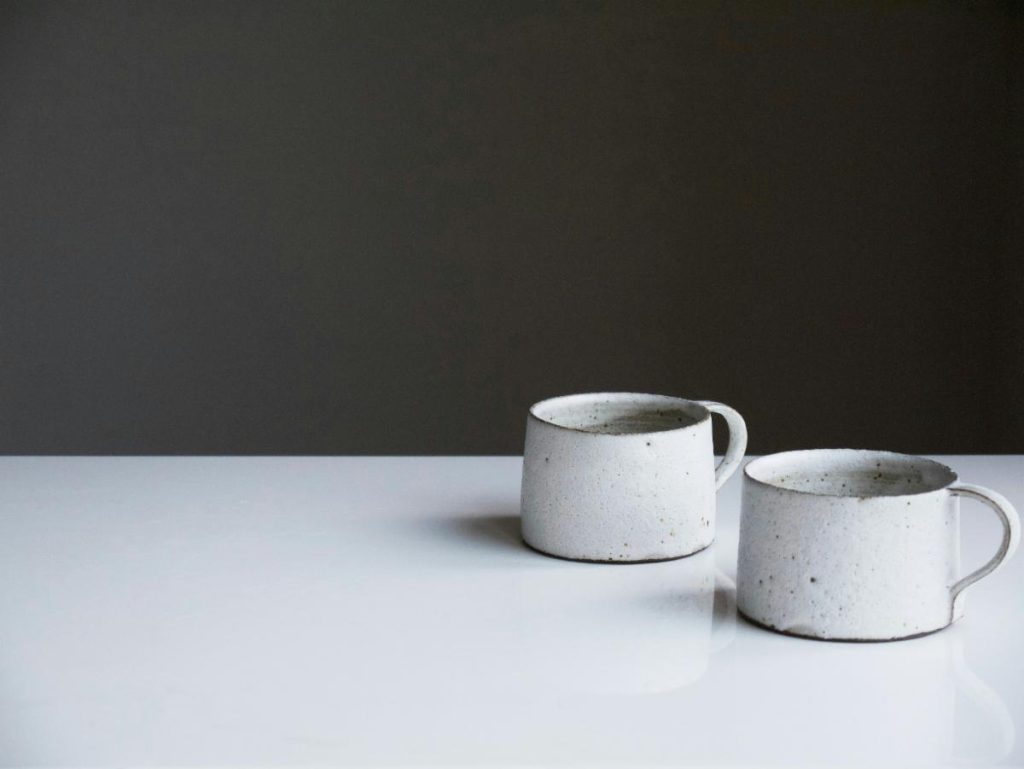
By its nature, accountability requires another.
One is accountable to someone (or something) beyond oneself.
With the wrong mindset, this could feel parental, even patronizing, but I think that’s wrongheaded.
Such thinking ignores some of the greatest benefits of regularly checking in with someone who knows and supports you.
For example, one aspect of my accountability program that’s definitely better when done with someone else is brainstorming.
I think the value of bouncing ideas back and forth with the right person and discovering new, unknown possibilities is exponentially greater than simply downloading your own original thoughts.
It’s creative and inspiring, and perhaps most importantly, it can be really fun.
Again, you can watch Vlad and Malibu banter and brainstorm, HERE.

Brainstorming together can promote new levels of transformation.
In his poem The Layers, Stanley Kunitz writes:
Though I lack the art
to decipher it,
no doubt the next chapter
in my book of transformations
is already written.
I am not done with my changes.
Ideally, we’re all always growing, never done with our next transformation.
Especially if you’re feeling you “lack the art to decipher it,” figuring out that next chapter with someone you trust can be invaluable.

One final aspect of accountability that also has some bad press is the power of routine.
This February, I wrote extensively about the power of ritual in my life and what I’ve learned from it, and all of that applies here.
Annie Dillard wrote that “How we spend our days is, of course, how we spend our lives.”
Nothing could be more obviously true and yet somehow this reality often arrives like a mysterious, unpredicted comet.
Aristotle told us aeons ago that “We are what we repeatedly do. Excellence, then, is not an act, but a habit.”
Deep down we all know that being consistent, setting the right routines and rituals and sticking to them, is the most powerful component of lasting change.
And nothing supports that more than accountability.
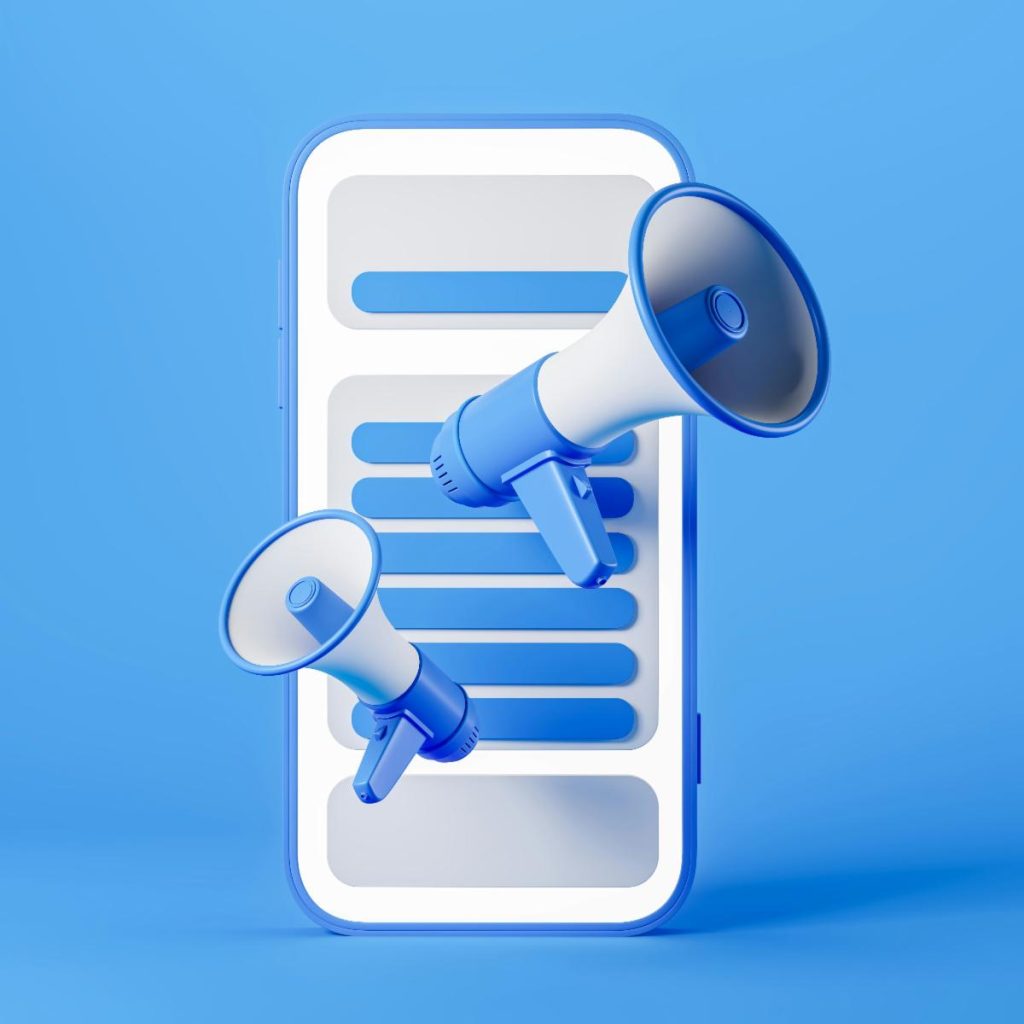
I’m not going to hire a publicity team to transform and rebrand how accountability is perceived.
Again, I’ve already offered a new meditation on the Joy of Accountability HERE.
All this month, however, I am going to explore how I can deepen it in my own life, so that it’s no longer a “dirty word” for my subconscious.
I want to connect routine with unpredictable fun, responsibilities and obligations with inspiration and brainstorming.
I want to revel in the support––especially with those I trust won’t evaporate––that helps one through the most challenging times.
And, if you’re interested, I want to do it with you (HERE), for as the poet writes, we are “not done with our changes” nor will we ever be.
Namaste for Now,

